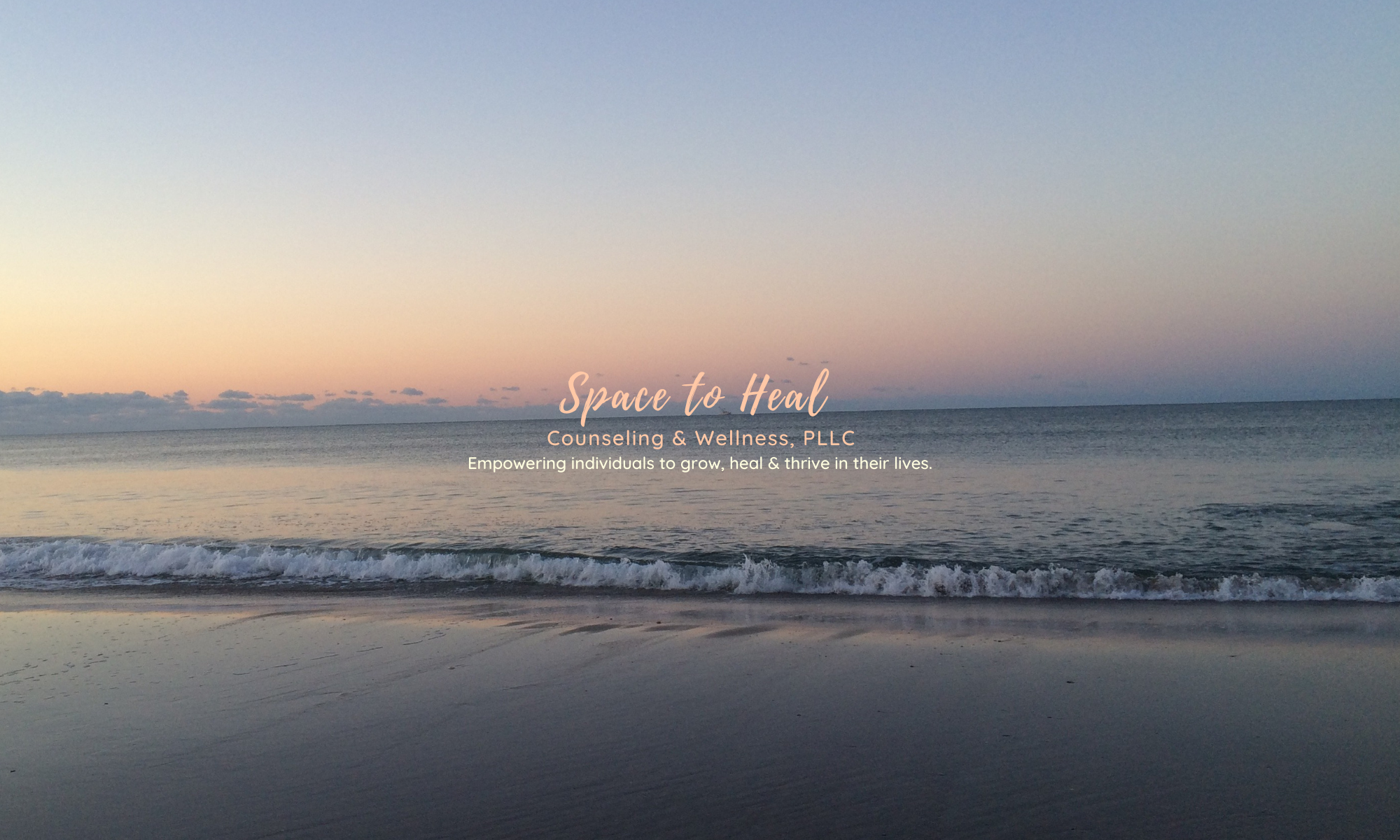Not every struggle yields growth. But sometimes there are certain things that happen in our lives that do. This might be one of those times.

My heart has been feeling heavy. Chances are yours is too.
As I sat in my living room on a recent morning, folding laundry in the quiet of my home, I noticed the weight tugging on my heart. These moments of silence are important. Without them, we lose connection with ourselves. And without that connection, we cannot identify, process and express what we are feeling. For me, in that moment, I was feeling grief.
Earlier that morning, I heard the report of the first infant death related to COVID-19, and that’s when the heaviness hit me. Every day, people are dying, and hearts are being broken. We are collectively grief-stricken.
Every one of us has lost something during this pandemic—jobs, loved ones, pets, health, homes, routines, proms, graduations, weddings, funerals, birthday celebrations, normalcy, safety, security… The list goes on.
It may bring you comfort knowing that you are not alone in your loss and that what you are experiencing is universal. However, it may also bring you deep sadness, anger or frustration knowing that all of us are suffering on some level.
And while we all may be experiencing similar losses, we will all handle these losses and our grief in different ways.
During this strange and unpredictable period of our lives, for me, grief has felt like high tide and low tide. It ebbs and flows. At times, things feel okay. At other times, it doesn’t. A text from a friend could make me smile or make me cry. Some days I am super productive and connecting with the people I love, and other days I want to do nothing but be alone and veg out on my bed with Netflix. Sometimes I feel at peace and hopeful. Other times I feel helpless.
We often think of grief as being connected to the death of someone we love, but grief can be a response to any deep loss. The end of a relationship. A dream taken away. A move to a new city. A loss of health. That’s what makes it so hard sometimes to recognize that what we’re actually experiencing is grief.
When I look back on some of the darkest times in my life, trauma and grief were intertwined. A sudden, overwhelming event would happen and inevitably lead to grief. And sometimes, it would also lead to growth.

I remember what it felt like 10 years ago when I left my ex-husband and the grief that followed me. No one died, but it felt like a funeral. I lost my marriage, my house, my neighborhood that I loved, who I was and what I thought my life was going to be. I spent time with friends and family, but I also spent a lot of time alone–thinking, reflecting, grieving. Much like the space I find myself in today, my life slowed down and suddenly I had time, quiet and lots of solitude.
I both hated and loved all that time to myself. I was terrified of being alone and also relieved to have calm and quiet after so much upheaval and suffering. Grief was not something that I could just “get over.” I had to go through it.
During that grieving process, I struggled as I found healthy ways to cope with what happened and tried to make sense of it. I also started to question my place in the world. I went through some deep suffering, and I came out on the other side a changed person. I found my voice and I found me.
Over time, I learned how to become my own refuge again. I found a new normal, a new relationship with myself and others, deepened my friendships and my personal strength, and cultivated a greater appreciation for the healthier and more fulfilling life that came afterwards.
It’s what Richard Tedeschi, PhD, and Lawrence Calhoun, PhD named post-traumatic growth in the ‘90s. Their research showed that after a traumatic or difficult event, some individuals may experience improved growth in key areas such as: relationships, a deeper appreciation for life, new possibilities for themselves, personal strength, and spirituality or finding greater meaning in life. They also discovered that this process didn’t happen passively. Rather, one had to actively engage in processing, coping with and making meaning from this life change, and that the personal growth comes from this process—not the actual trauma that happened.
Not every struggle yields growth. But sometimes there are certain things that happen in our lives that do. This might be one of those times.
After all of this is over, what will you discover? Who will you become?
Slow down, pause and just notice. You get to decide how you want to use this time and what matters most. Maybe you will deepen your relationship with yourself and others. Maybe you will have a greater appreciation for life. Maybe your struggle will lead to something greater. Keep your heart open to the possibilities.

